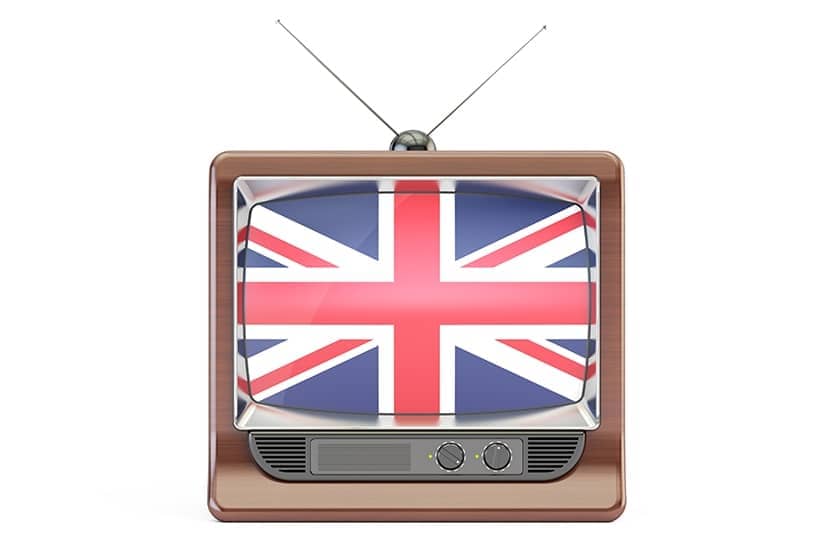Russia’s star
Sir: Wolfgang Münchau is surely right to highlight the risk posed to European peace and stability by Germany’s strategic myopia (‘In the pipeline’, 22 January). But he may be in error to assert that ‘Russia is in the ascendant’ — at least in terms of the fundamentals. Russia no longer makes it into the top ten of the world’s economies and is about to be overtaken by South Korea. Its poorly developed economy is unduly reliant on energy exports — a sort of Saudi Arabia with snow instead of sand.
A state whose star is rising has every incentive to sit tight and allow that to continue — which is what China has been doing for years. It’s when a country’s leaders perceive that the future looks less good than the present that things can unravel. Such was the case for Germany in 1914 — as the Chief of the German General Staff put it in May that year: ‘The sooner, the better.’ The future for Ukraine, and Europe, may depend on whether Putin thinks ‘Peak Russia’ lies in the future or in the present.
Dr Jeremy Stocker
Associate Fellow, RUSI, Willoughby, Warks
Poor deal
Sir: Martin Vander Weyer describes the BBC licence fee as a ‘stealth-tax irritation’ (Any other business, 22 January). I agree. I can easily afford the financial cost, however there are many in our society to whom £159 is a significant sum. Lone parents, the unemployed, those in debt — all must pay the regressive telly tax whether they use the BBC or not. The licence fee thus acts as a protection racket imposed on the poorest in our land. At the very least this government should remove BBC licence-fee enforcement from the criminal justice system. The Magistrates Association has long pleaded for this (their courts are clogged with licence-fee cases). The vast majority of those prosecuted are women, often single parents, financially vulnerable and trapped at home when the Capita enforcers call. And as 30 per cent of all female criminal convictions are for licence-fee ‘evasion’, the government would see a dramatic fall in the crime rate.
Peter Lucey
Wokingham, Berkshire
Batting for the Beeb
Sir: It seems right that following another series of heavy defeats, English Cricket Board chiefs should be criticised for their part in increasing public disregard for English red-ball cricket. But Roger Alton’s attack on the BBC is, in my opinion, unnecessary and disingenuous (‘The BBC is killing cricket’, 15 January). While I’m no Beeb enthusiast, it’s clear that showing the odd first-class county fixture here and there on terrestrial TV will do little to arrest the England Test team’s woes. I suggest anyone with an interest in the county game watches on YouTube, where most, if not all, counties broadcast their domestic first-class fixtures for free. Unfortunately, Sky, which gave credence to ‘Stanford’s corrupt bollocks’ by promoting and broadcasting his vanity project back in 2008, looks set to secure the rights to show England cricket matches for a further ten years, keeping England’s international fixtures behind a paywall. Oh well, there’s always Test Match Special.
J. Cherry
Bexley, Kent
Hushed up
Sir: I read with particular interest Nick Moar’s piece about his politics website mysteriously and suddenly being shut down by Twitter (‘All over’, 22 January). Having read in the Times about forthcoming NHS worker demonstrations against mandatory vaccinations, I searched online in vain for where and when the protests would take place. The next day, it transpired the protests had happened on the day I searched for them, and I can only conclude this legitimate protest was starved of advance coverage to stop the public turning out in much larger numbers to express their entirely reasonable concerns. If so, this is a very dark development.
Fergus Hall
London SW14
High-street highs
Sir: If Max Pemberton believes ‘the criminal networks vanished’ after alcohol prohibition was lifted, perhaps he can explain the alcohol tax gap (‘User friendly’, 15 January)? HMRC estimates that more than £1 billion in alcohol duty and VAT was lost in 2019/20 due to criminal gangs selling it illegally. For tobacco the figure is £2.3 billion. Legalising and then taxing products does not prevent their illicit sale. Drug dealers would not lose many customers to high-street cannabis shops selling a lesser high at three times the price.
Pete Liggins
Via email
Cully the octopus
Sir: I salute Charles Moore for recalling in such detail The Pirates in the Deep Green Sea, a wonderful book which became a bit of an obsession for me in the mid-1970s (Notes, 15 January). He does make one mistake: the octopus was called Cully, not Scully. Cully, if my memory serves me, is short for Culliferdontofoscofolio-poliodesteropoop — though I confess I’m not absolutely sure of the spelling.
Andrew Stokes
Hong Kong
Randian paradigm
Sir: The civil service’s ability to dodge responsibility by delay, which is lamented by Peter Furness (Letters, 22 January), has a precedent in Ayn Rand’s classic book Atlas Shrugged, published in 1957. The Taggart Transcontinental Comet train crashed in a rail tunnel for which it was not designed by management that had taken the business over by blackmail and which dodged responsibility. Rand depicted the government as looters, taking justly earned money to redistribute to the undeserving.
As a paradigm of today’s Britain, her book has no equal and should be required reading not just for civil servants but for all with an informed concern for our future.
Dr Michael Weston
Danbury, Essex






Comments